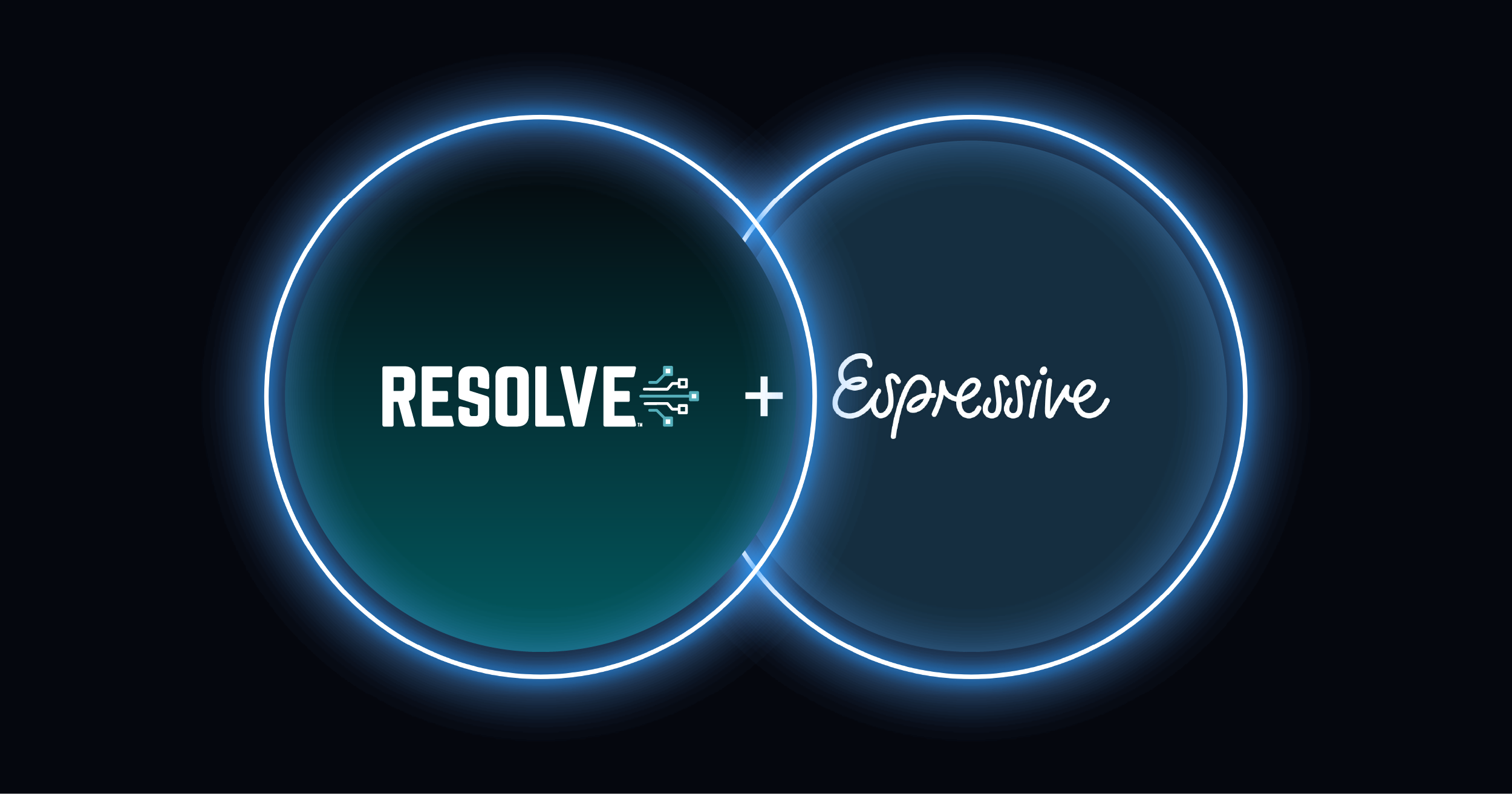
I recently connected with Kathleen Walch for an episode of the AI Today podcast to discuss Espressive’s founding story and my industry predictions for 2023. In the episode, Kathleen and I talked about the nuances of employee integration hubs, how virtual agents will transform the next Intranet, the importance of a “one chatbot fits all” strategy for employee engagement, and what the world of AI capabilities looks like for this year and beyond.
It was a great conversation that gave me an opportunity to reflect on the beginnings of Espressive, marvel at our advancements since then, and also acknowledge the challenges and opportunities the evolving workplace and turbulent economic environment have brought upon us.
I’ll summarize our conversation below and invite you to listen to the full episode here.
When I founded Espressive, my focus was set on one thing: changing employee and service desk agent experiences. I looked at consumer-facing technology that was building and marketing digital assistants (like Amazon Alexa and Google Home) the right way to inspire the creation of a similar service for the enterprise. Virtual agents—when built and implemented correctly—can help solve complex problems faster and more effectively than humans ever could, while also enhancing employee morale. Why not bring this technology people are already using at home into the workplace?
There is also the belief that people want to talk to a human rather than a virtual agent, but in my experience this is not entirely true. This thinking comes about because self help solutions, such as portals and chatbots, have typically never worked well for these users. They were mostly designed by technology experts, with the assumptions that users were experts as well. Realistically, most humans are not technical enough to describe their problems and previous self-help solutions would simply provide knowledge articles with the expectations that employees would self-diagnose their problems. But the reason why employees do want to speak to humans is they need someone to get to the root of their issues in order to resolve them. This is where conversational AI, ML, and NLP can help.
In 2023, virtual agents will become even stronger learners, evolving to understand the complexity of employee questions and transforming into an experience integration hub for organizations. As AI evolves, so does the understanding of virtual agents making their ability to pull information from multiple sources for employee inquiries stronger than ever before. These hubs will become a one-stop shop to solving increasingly complex inquiries, or when necessary, diverting questions to the appropriate team to ensure employee questions never go unanswered.
Along with this integration hub, virtual agents will evolve further and become the next Intranet. IT, HR, and facilities departments will continue to document and automate their processes so that employees can get answers to their questions efficiently, finding what they need in one singular place. Gone are the days of organizations using siloed intranets, Sharepoint sites, search portals, or chatbots for each sector of work. Not only will this be more effective, but employees will be empowered as the experts in their respective roles with knowledge base information at their fingertips.
Espressive’s customers are now even prioritizing unanswered questions coming from our virtual assistant, Barista, over tickets created through other channels. This prioritization is not lost on employees, and is leading to massive adoption as they want their issues to be resolved quickly. This process takes the quick-answer questions off the help desk, establishing trust between employees and the virtual agent.
As virtual agents and AI continue to transform the workplace, organizations will also need to think more holistically about how employees find information and get help. Imagine if there was a different Yelp app for every city block in New York City. This would make looking for a restaurant almost impossible. The same goes for the various departments within an organization—avoiding what I like to call “chatbot soup” where each department creates its own silo’ed solution for delivering content and solving inquiries, but in turn confuses employees further than if there had never been a worker bot strategy in the first place.
A singular virtual agent strategy is key to mitigating this confusion as well as providing ROI for the organization as whole. With one seamless platform, the learning curve for employee phrasing of department-specific language lessens, and it learns from each employee interaction. Deploying a cohesive solution enables the virtual agent to understand each department’s specific nuances and evolves with each unique scenario it handles.
AI at its best will provide services that go unnoticed by the user. I believe that the future of the workplace lies within the practicality of what virtual agents and AI-supported technologies can provide employees in their day-to-day interactions. AI done right will benefit organizations without disruption by being embedded in a seamless way that benefits employees without them having to think twice about resolving issues at work.
Ready to develop your virtual agent strategy? Learn more here.













